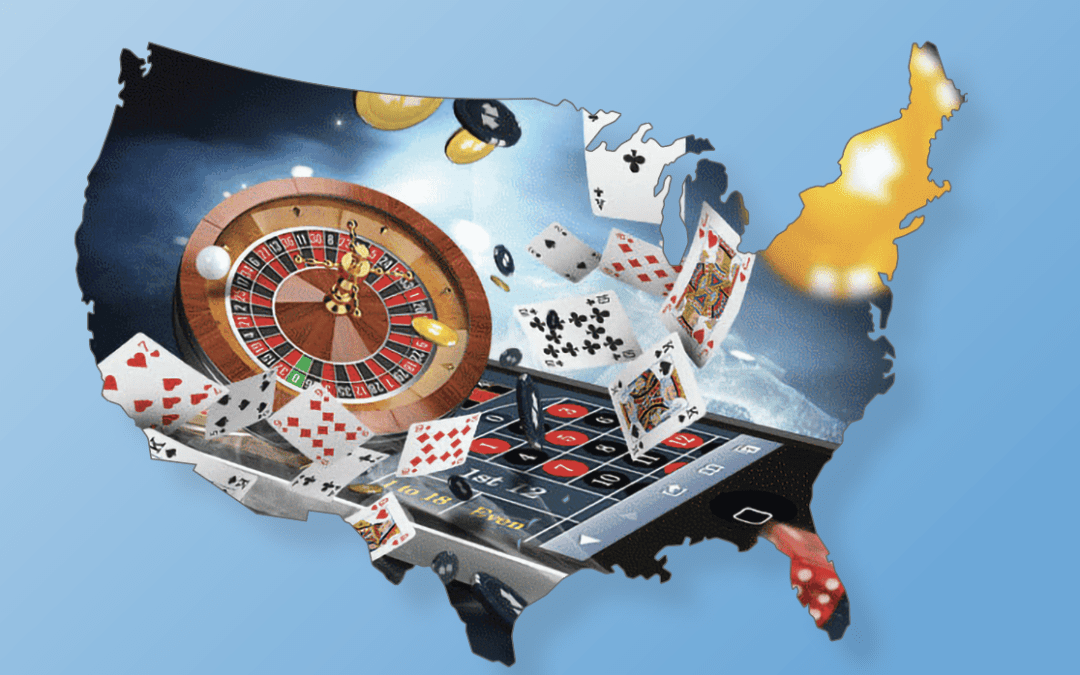Results from a new national survey of gambling attitudes and gambling experiences (NGAGE 2.0) indicate that Americans are gambling more than ever. The study, the second of its kind produced by the National Council on Problem Gambling, provides a glimpse into gambling activity in a time of rapid changes in the gambling landscape. The survey took place in April 2021 and included 2,000 Americans.
The 2021 survey attempted to address the following questions:
- Has the popularity of gambling changed?
- What types of gambling have become more or less popular?
- What’s the effect of restricting gambling or legalizing gambling?
- What has been the effect of the pandemic?
- How has legalizing sports betting affected gambling behavior?
- Are more people gambling online?
- Is there a relationship between risky investing and risky gambling?
- Who is at the highest risk for gambling problems?
- Does the public understand or stigmatize problem gambling?
Some of the key findings include:
- The number of people gambling on 11 or more activities during the past year nearly doubled since the first survey in 2018.
- Approximately 26 million more people bet online from 2018 to 2021.
- In the three-year period (2018-2021), there were approximately 15.3 million more sports bettors, 18 million more fantasy sports players and 25.5 million more online gamblers.
- While sports betting has increased, it does not appear to be because of legalization of sports gambling.
- Participation in fantasy sports did not differ between states where sports gambling is legal vs. where it is not.
- During the pandemic, more people have gambled less than have gambled more; however, those who gambled more during the pandemic are at higher risk for problem gambling than those who gambled less.
- The percentage of gamblers increasing play during the pandemic was highest in those under the age of 45.
- People in states where sports betting is legal are slightly more likely to gamble on sports more frequently than people in states where sports gamble is not legal.
- There was no difference in the types of sports bets — single bets on game outcomes, prop bets or parlay bets — made in states where sports gambling is legal vs. those where it is not. At this time, the concern that prop bets will grow rapidly is not founded in the survey.
- There is no evidence that legalization of sports betting has caused an increase in problem betting.
- There has been a decline in betting on football but growth in betting on more obscure sports, such as soccer, eSports and tennis.
- Gambling that has increased online include table games (blackjack, roulette, etc.), eSports, horse racing and bingo.
- Online gambling has increased most in the 18-24, 35-44 and 45-54 age groups. The growth is larger in men vs. women (though they are similar in percentage increase).
- Weekly traders gamble on many activities. They are also much more likely to answer yes to at least one of four problem gambling behaviors, suggesting that counselors should ask about investment behavior (as a possible risk factor) as much as gambling behavior.
- From 2018 to 2021, the percent of gamblers showing no problem behavior was much lower in younger people, while remaining the same in older people.
- Only approximately one in four young people (ages 18 to 34) say that gambling isn’t a good way to make money.
- Men are approximately 50% more likely to be problem gamblers than women.
- Sports gamblers are far more likely (approximately 13x more likely) to become problem gamblers than other gamblers. It’s not clear if that’s because sports gamblers tend to be younger or because they are sports bettors.
- Approximately one-third of gamblers bet on sports.
- Nearly a quarter of those surveyed feel people with a gambling problem are unlikely to get better or recover.

